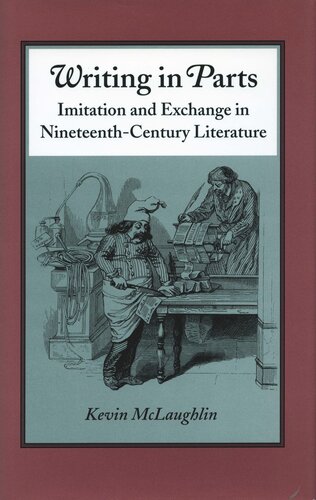

Most ebook files are in PDF format, so you can easily read them using various software such as Foxit Reader or directly on the Google Chrome browser.
Some ebook files are released by publishers in other formats such as .awz, .mobi, .epub, .fb2, etc. You may need to install specific software to read these formats on mobile/PC, such as Calibre.
Please read the tutorial at this link: https://ebookbell.com/faq
We offer FREE conversion to the popular formats you request; however, this may take some time. Therefore, right after payment, please email us, and we will try to provide the service as quickly as possible.
For some exceptional file formats or broken links (if any), please refrain from opening any disputes. Instead, email us first, and we will try to assist within a maximum of 6 hours.
EbookBell Team

4.1
70 reviewsProposing a new interpretation of literature and mass culture in nineteenth-century Europe, this work focuses on works by Marx, Balzac, Dickens, Adorno, and Benjamin to explore in them a complex "mimetic" disposition toward commodification in the realm of culture. The aim of the book is twofold: to explicate in the work of Balzac and Dickens subtle and profoundly ambivalent attitudes toward the rapidly expanding mass culture of the 1830's in France and England, and to identify through this reading of the novelists a common mimetic element that has eluded a certain dialectical approach to art's overcoming of mass culture - an approach best exemplified in Horkheimer and Adorno's influential essay on the "culture industry."